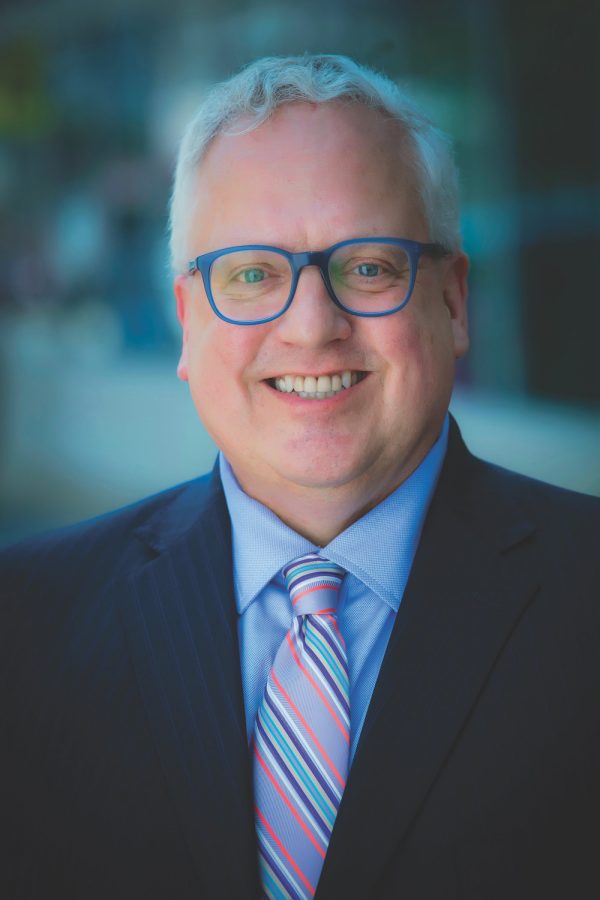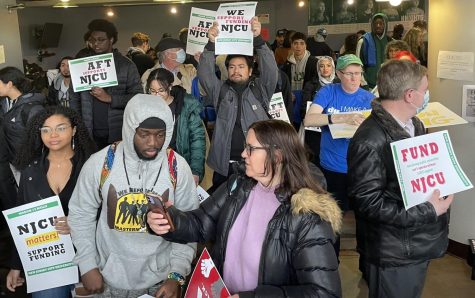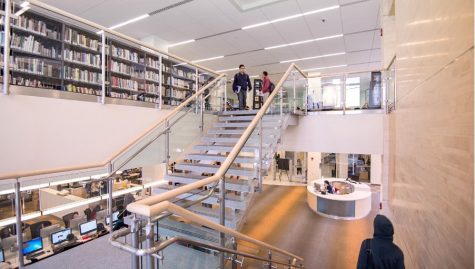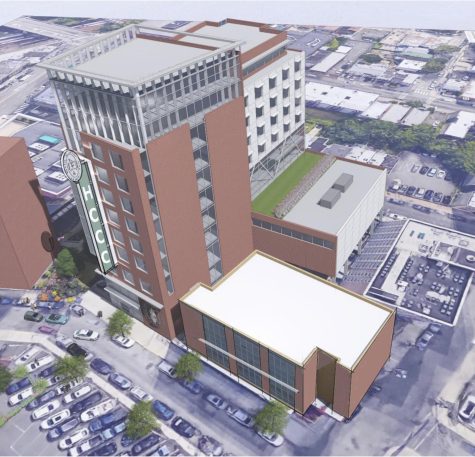A sit down with the President
President Christopher Reber is close to celebrating his first year serving as the Hudson County Community College president. A year described in his own words as exciting, challenging, and rewarding.
President Reber is a man who not only cares about the future of the school but also its students. Hosting events to listen to students directly and discuss solutions over a meal. President Reber truly understands that the students perform a balancing act, between school, work and other responsibilities.
It’s refreshing to know that the President hears and listens to the student voice. What I expected to be a regurgitation of his key points became a very enlightening interview which showed me he really is listening. Touching on issues the school faces as well as the roadblocks students personally struggle with. I believe that his tenure as President will lead the school into a bright future for everyone.
Could you summarize your goals for HCCC?
Reber: I believe some of the things I can do to truly add value is focus on achieving continuous improvement around a student success agenda. You look back ten or twenty years and you see we’ve been the fastest growing community college in New Jersey. We have a strong track record of providing more and more access to the college…. We do a lot of things well here in terms of helping students navigate barriers [such as jobs, family, financial issues, and language]. I believe there is a lot more we can do, one of my personal goals as President is to provide leadership and support for the college to set challenging but achievable goals using data and best practice. That will lead us to incremental increases in the number of students who graduate.
Largest problem the school faces?
Reber: I think it’s the financial challenge, the reality is that schools that continue to grow and succeed are going to have to not rely on government funding. They will need to be more entrepreneurial. I think we need to also help more students succeed. We have too many students not graduating, not because of lack of ability or motivation, quite the opposite [because of limited Pell funds or personal constraints].
What can current and future students hope for?
Reber: I think you are going to see a continuing focus on new program development [in fields helping communities and garnering high wages]. We think it’s better to add value by developing credentials that meet an unmet need. We are about to add three more, fully online programs, with two more being introduced each year. Recognizing that one of the principal constraints of attending and earning a degree here is lack of parking. If we can develop fully online programs we can reach students who may have life situations were they cannot attend in class programs.
What are you most excited for about the future?
Reber: I think there are many examples of this institution not only being nationally distinctive in what it does, but also life-altering. One of the things we are not well known for is the performing arts, we have real distinction when you look at the art collection and the fine arts and theater programs. That excites me, that we do these things extremely well. I am also excited that we are going to see more and more truly exceptional things being done here.
Reber: What I enjoy most about my job is the students. I continue to be inspired by students. It’s an honor to have been able to pursue a career that has been focused on something so meaningful.
Managing Editor - 2019
A Business student at HCCC. Interested in student life, the local economy, and national problems. Focusing on growing the local...







